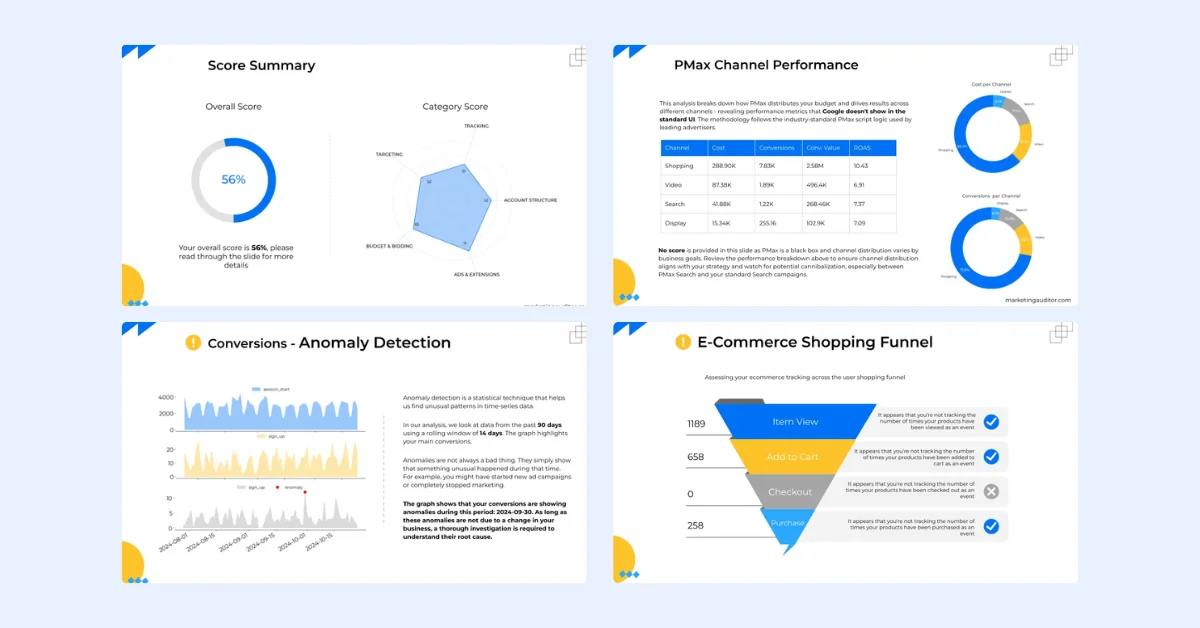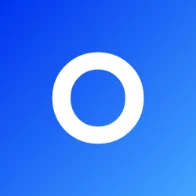Meta Platforms is advancing toward fully automating ad creation and targeting using artificial intelligence by the end of 2026. Currently, Meta’s ad platform offers AI tools that modify existing ads for Facebook and Instagram users, but the company plans to enable brands to create entire advertising concepts from scratch using AI. This initiative aligns with CEO Mark Zuckerberg’s vision, as advertising accounts for over 97% of Meta’s 2024 revenue and supports its investments in AI infrastructure.
AI-Driven Ad Creation and Personalization
The new AI tools will allow brands to submit a product image and budget goals, after which AI will generate complete ads including imagery, video, and text. The system will also determine optimal targeting and budget suggestions. Additionally, Meta plans to personalize ads in real time based on user factors like geolocation, showing different versions of the same ad tailored to specific environments (e.g., a car ad showing a snowy mountain versus a city street).
Impact on Businesses and Industry Context
This AI-driven approach could significantly benefit small and midsize businesses, which form the majority of Meta’s advertisers and often lack large budgets for ad production. However, some large brands express concern about relinquishing control to Meta’s AI, fearing AI-generated ads might lack the quality or style of human-made campaigns.
Challenges and Competition
Despite enthusiasm for AI-generated ads, current industry technology can produce distorted or unusable visuals, requiring substantial effort to improve quality. Meta’s tools demand significant computing power and the development of unique AI models for each brand. Meanwhile, other AI companies like Google (with its Veo video-generation tool), Midjourney, and OpenAI’s DALL-E are also providing content creation solutions, some of which Meta is exploring integrating into its platform.
Vision for the Future
Zuckerberg envisions a future where businesses simply specify their objectives and budgets, connect payment methods, and let AI handle the entire advertising process, which he describes as “a redefinition of the category of advertising.” This reflects Meta’s commitment to making AI a central element of its advertising ecosystem by 2026.



















